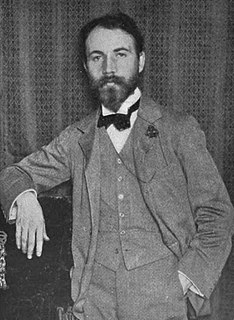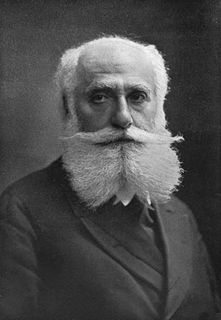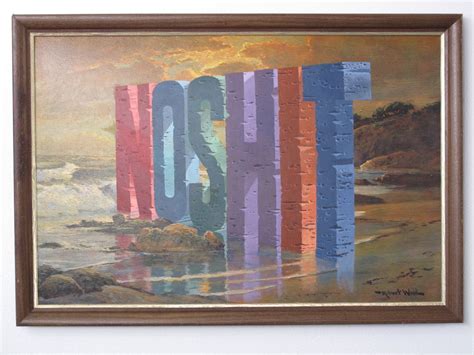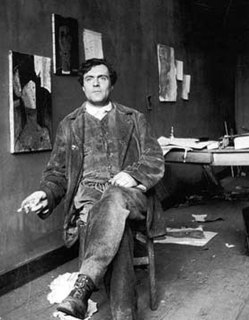A Quote by Joseph Conrad
Any work that aspires, however humbly, to the condition of art should carry its justification in every line.
Related Quotes
My work sanitizes it (emotion) but it is also symbolic of commercial art sanitizing human feelings. I think it can be read that way.... People mistake the character of line for the character of art. But it's really the position of line that's important, or the position of anything, any contrast, not the character of it.
art is the most general condition of the Past in the present. ... Perhaps no work of art is art. It can only become art, when it is part of the past. In this normative sense, a 'contemporary' work of art would be a contradiction - except so far as we can, in the present, assimilate the present to the past.
Yes, the highest things are beyond words. That is probably why all art aspires to the condition of wordlessness. When literature works on you, it does so in silence, in your dreams, in your wordless moments. Good words enter you and become moods, become the quiet fabric of your being. Like music, like painting, literature too wants to transcend its primary condition and become something higher. Art wants to move into silence, into the emotional and spiritual conditions of the world. Statues become melodies, melodies become yearnings, yearnings become actions.
The worst thing someone gets is isolated. Isolation is the darkest part of any condition. You can live with almost any condition if you're living within a community of people who can share a common understanding. We create these communities from women who share common conditions, and those mothers carry each other through.
What is it about a work of art, even when it is bought and sold in the market, that makes us distinguish it from . . . pure commodities? A work of art is a gift, not a commodity. . . works of art exist simultaneously in two “economies”, a market economy and a gift economy. Only one of these is essential, however: a work of art can survive without the market, but where there is no gift, there is no art.






































